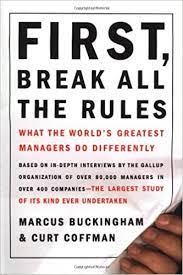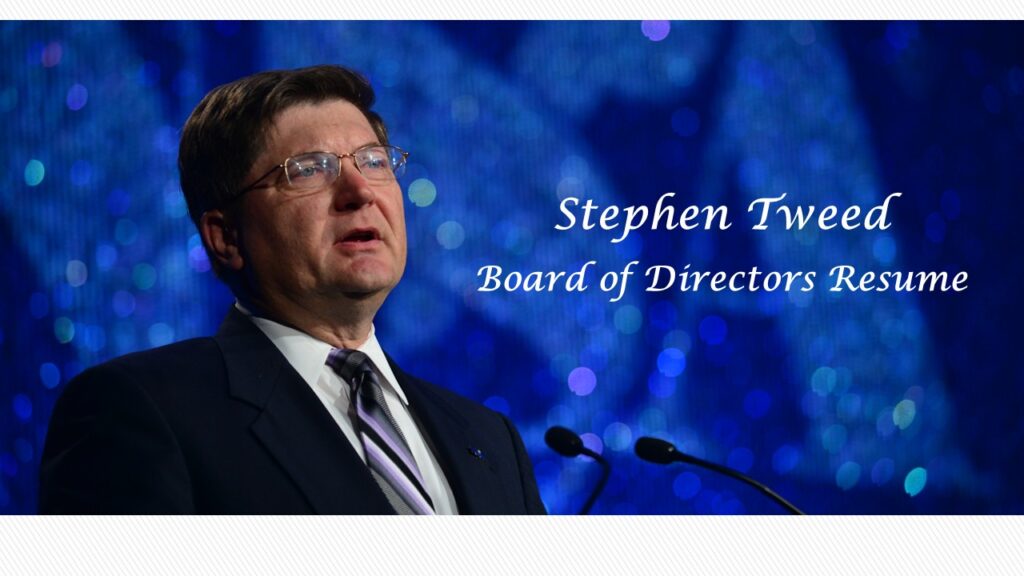“Employees Leave Managers, Not Companies” 
Marcus Buckingham, First Break All the Rules
By Stephen Tweed
I became of fan of Marcus Buckingham with when he worked with the Gallup Organization and wrote his first book, First Break All the Rules. He shared lots of facts and data from Gallup surveys of employees, and came to some conclusions that can help companies grow. One of those conclusions was the quote above.
We got a sneak peak at the 2022 Home Care Benchmarking Study from Home Care Pulse, and the turnover number for last year was 64%. That’s a little better than the 65.2% in 2020, but not much. Turnover has basically been flat for the past six years.
We also learned that 57% of turnover happens in the first 90 days of employment. That’s a refinement on the number we have been using for a while that said that 80% of turnover happens in the first 90 days.
What Causes Caregiver Turnover?
Every month, Home Care Pulse surveys thousands of caregivers. From that data, they have identified the five big reasons caregivers leave:
- Lack of Communication
- Pay is too low
- Lack of Consistent Schedule with enough hours
- Lack of Support from Office Staff
- Management is Disorganized and Operates Last Minute
We see that four of the top five causes are related to the action, or inaction, of managers and office team members.
“Caregivers leave managers, not companies.”
What Role Does Your Office Team Play in Caregiver Retention?
This month of February 2022, the Mastermind Groups in our Home Care CEO Forum has been discussing the role that their office team plays in retaining caregivers. Members have had open discussion about what they are doing to help their office staff be more responsive to their caregivers. We have seen that companies with the highest growth rates in 2021, companies with the lowest turnover, and companies with the highest 90-day retention have some things in common.
It is pretty clear from the data and from anecdotal examples that the home care office team plays a huge role in finding and keeping high quality caregivers. Here are some things high performance home care teams are doing to reduce turnover and improve caregiver satisfaction:
- Set up a consistent process for communicating with caregivers, particularly in the first 90-days
- Set up a system to match caregivers’ desired paycheck with their actual hours worked and actual take-home pay
- Clarify who is actually responsible for supervising caregivers, and communicate that to everyone
- Provide education and training for team members who supervise caregivers on what caregivers need and want from their supervisor
- Set up systems so that office team members are more organized and can devote more attention to individual caregiver needs and expectations
It is pretty clear from our research that the best caregivers stay with a home care company when they are doing meaningful work, when they feel valued and appreciated, and when their take-home pay matches their financial needs.
Put Caregivers First
We’ve been working with home care companies across the US, Canada, the UK and Australia for over three decades. In all of that time, most companies we know have had a “customer-first” mind set where they do everything they can to create a high level of client satisfaction. And that has worked amazingly well for many companies.
In 2022, the tide has turned and larger, faster-growing companies have proclaimed a “Caregiver-First Mindset.” That doesn’t mean that client satisfaction and customer service are no longer important. But it means that in this world where you can’t bring on new clients if you don’t have the caregivers, the company priorities and mindset are shifting. It means getting our office team members involved in working together to understand the needs and wants of caregivers first, and putting in place people and processes to meet those needs. It means using caregiver satisfaction data, recruiting data, and retention data to help office team members work together more effectively to keep our best caregivers.
This shift from Clients First to Caregivers First is quite difficult for company leaders and team members who have been in business for many years and have constantly focused on client needs. It is taking some major shifts in thinking and in actions to make that shift.
Creating Incentives for Office Team Members.
Just before the outbreak of COVID, we were doing a site visit to one of our Top 5% Mastermind members. As they discussed their growth % in 2019 over 2018, they shared some data on what they had done to improve 90-day retention. The results were very impressive. As we discussed their process, we heard the CEO repeat back the mantra that we have been promoting for years:
“What gets measured gets managed, what gets rewarded gets repeated”
This company had set up a new incentive plan for each of their office team members. The incentive plans varied from department to department, but everyone was incentivized based on three performance Metrics:
- Increase in Weekly Hours of Service
- Home Care Pulse Satisfaction Survey Results
- Caregiver Retention
The were able to show each of their team members how they contributed to those three numbers, and how they would be rewarded when the numbers moved in the desired direction. It became pretty clear from talking with them about how tracked the metrics, and how they calculated their incentives, that nearly every member of the team had bought into working together to grow the business, improve client and caregiver satisfaction, and keep good caregivers.
Engage in conversation with Peer Companies about Keeping Your Caregivers
A significant number of our in-depth conversations in our Home Care CEO Mastermind Groups are about keeping high quality caregivers. Developing managers and team members so they have the knowledge and skills to nurture those relationships is part of the process.
If you would like to have regular conversations about issues like this with leaders of other companies your same size who do not compete with you, you may want to consider becoming a member of a Home Care CEO Mastermind Group in the Home Care CEO Forum.






